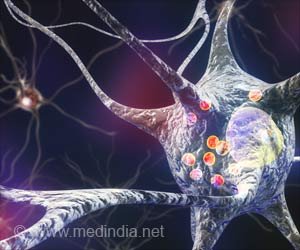Searching for Multiple Sclerosis Treatment in a New Light

Scientists have struggled to understand the causes of MS, but recent research suggests an important role for the gut microbiome. UVA’s new findings bolster the idea that an immune system controller found in barrier tissues such as the intestine plays a vital role in the disease.
This regulator can reprogram the gut microbiome to promote harmful, chronic inflammation. Researchers blocked the activity of the regulator, called “aryl hydrocarbon receptor,” in immune cells called T cells and found that doing so had a dramatic effect on the production of bile acids and other metabolites in the microbiomes of lab mice.
Multiple Sclerosis Discovery Could End Disease’s Chronic Inflammation
These findings suggest that doctors may one day be able to take a similar approach to interrupt the harmful inflammation in people with MS, though that will take much more research. Before that can happen, scientists will need a much better understanding of the interactions between the immune system and the microbiome.
Advertisement
Though, the new research lays an important foundation for future efforts to target the microbiome to reduce the inflammation responsible for multiple sclerosis and other autoimmune diseases.
Due to the complexity of the gut flora, probiotics are difficult to use clinically. This receptor can easily be targeted with medications, so we may have found a more reliable route to promote a healthy gut microbiome.
Ultimately, fine-tuning the immune response using the microbiome could save patients from dealing with the harsh side effects of immunosuppressant drugs. This initiative aims to expand the understanding of the microbiome to better treat and prevent disease.
Source: Eurekalert
Source link
#Searching #Multiple #Sclerosis #Treatment #Light



